This afternoon, November 5, continuing the 10th Session, the National Assembly discussed in groups: the draft Law on Tax Administration (amended); the draft Law on Personal Income Tax (amended) and the draft Law on Thrift and Anti-Waste.
.jpg)
Discussing the draft Law on Thrift and Anti-Waste, National Assembly delegates from Group 11 (including the National Assembly delegations of Can Tho City and Dien Bien Province) all expressed their agreement to promulgate the Law because the Law on Practicing Thrift and Anti-Waste, although promulgated in 2013, has low enforcement efficiency due to its unclear and incomplete provisions, and the lack of distinction between wasteful behavior and illegal behavior.
Clear, coherent, clearly defining the subjects
Agreeing with the viewpoint of building the Law, National Assembly Deputy Truong Thi Ngoc Anh (Can Tho) also highly appreciated the removal of the word "practice" in the name of the draft Law. According to the delegate, this demonstrates the revolutionary nature and determination in the work of saving and fighting waste, showing that this work must be regular, continuous, and must become voluntary for each individual, each household, each organization, not just mandatory regulations from the government and functional agencies.
"Thus, when the Law is clearly and coherently built, clearly defining the subjects, it will certainly become the culture of each individual and each organization to achieve the goal of saving resources and effectively using resources for development investment," emphasized delegate Truong Thi Ngoc Anh.
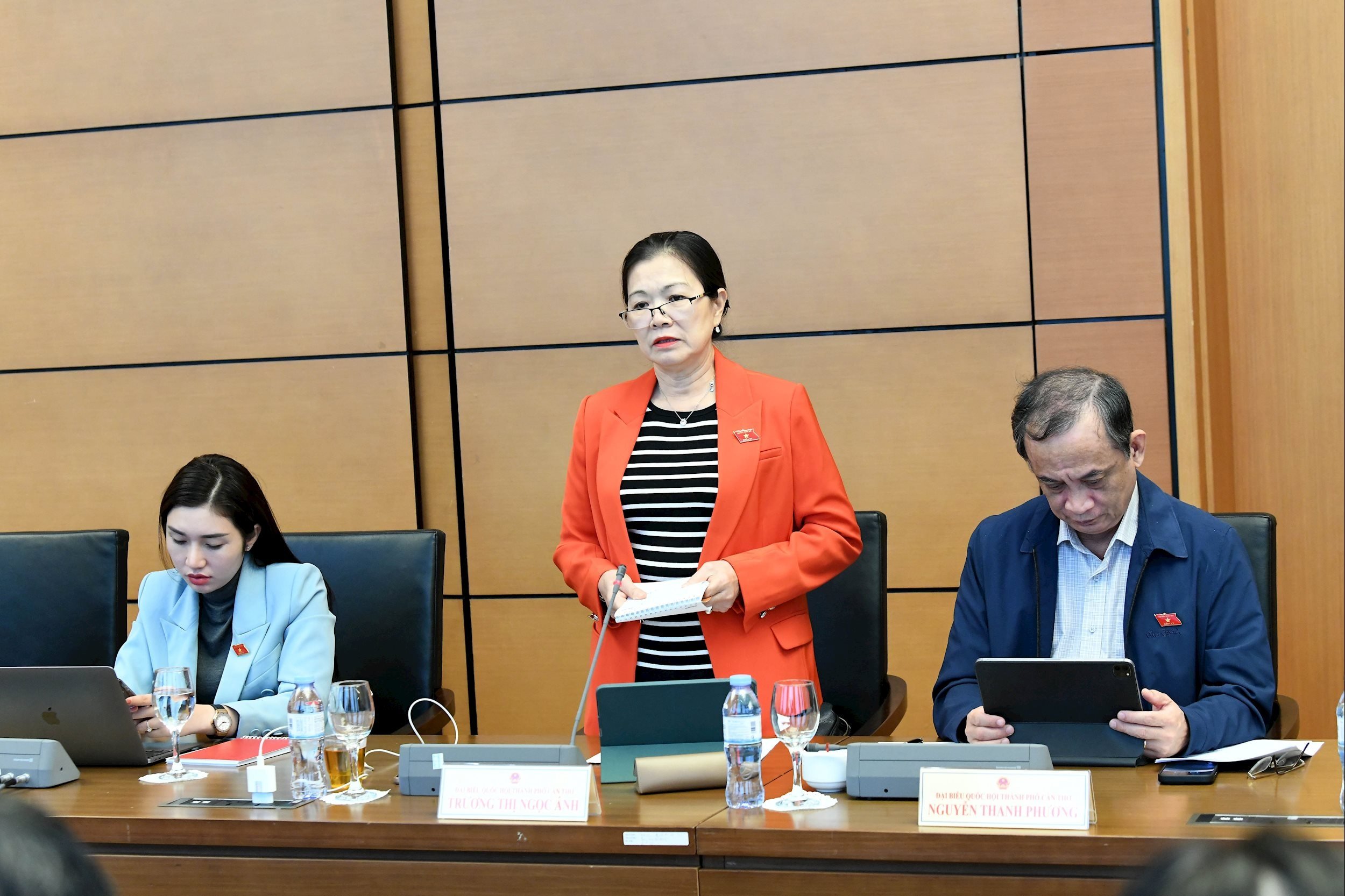
However, the delegate also pointed out that the draft Law still has many contents that need to be further improved.
Specifically, the delegate said that the draft Law seems to only focus on state agencies and enterprises, without any regulations for households and individuals; at the same time, he was afraid that if this is not revised, this Law will become a Law that only applies to state agencies, organizations and enterprises.
Therefore, the delegate proposed that Article 3 on wasteful behavior should also be regulated for households and individuals.
Regarding the structure of the draft Law, delegate Truong Thi Ngoc Anh said that it was "not coherent and not very specific" and suggested that it should be "restructured" in the direction that Chapter I is the general provisions from Article 1 to Article 9.
Chapter II regulates the content of thrift and anti-waste and is structured into 3 sections: Section I - for organizations and agencies, how should thrift and anti-waste be expressed; Section II - thrift and anti-waste in production and business activities are expressed in specific regulations, for example, each production and business unit must establish technical and economic norms, use human resources, input materials, measures to improve labor productivity, prevent environmental damage... - that is, the activities of a production and business unit must be implemented to ensure thrift and anti-waste. Section III - thrift and anti-waste for personal consumption, must also be regulated, personal consumption must be implemented according to which regulations and rules.
Chapter III regulates inspection, examination, control, supervision of thrift and anti-waste. Chapter IV is about rewards and handling of violations. Chapter 5 is about the responsibilities of agencies, ministries and localities.
The delegate said that such a layout would be more coherent.
Review of language and legislative techniques
Regarding specific provisions, delegate Truong Thi Ngoc Anh proposed to amend Article 9 on the responsibility of building and spreading a culture of thrift and fighting waste. According to the delegate, reading the draft Law, it only stipulates the responsibility of state agencies, while this should be the responsibility of the entire people and the community.
Therefore, the delegate proposed that Article 9 fully designates the responsibilities of agencies, units and the responsibilities of the community, households and individuals in implementing thrift and combating waste. Along with that, according to the delegate, the word "responsibility" should be removed from the name of Article 9 and put it directly as "Building and spreading a culture of thrift and combating waste", which will point right to the actions we must take to have a culture of thrift and combating waste in the whole society.
The delegate also proposed reviewing the language and legislative techniques of the draft Law, using strong, mandatory legal language instead of "motivational, movement" language.
Agreeing with many opinions of delegate Truong Thi Ngoc Anh, National Assembly delegate Le Thi Thanh Lam (Can Tho) also pointed out that the draft Law still has many qualitative contents that are very difficult to determine. For example, Clause 2, Article 5 on the interpretation of terms stipulates: Waste is the management, exploitation, and use of goods that are not in accordance with the purposes, standards, and regimes issued by competent state agencies or approved projects, used ineffectively, not achieving the set goals or being a barrier to socio-economic development, missing development opportunities for the country...
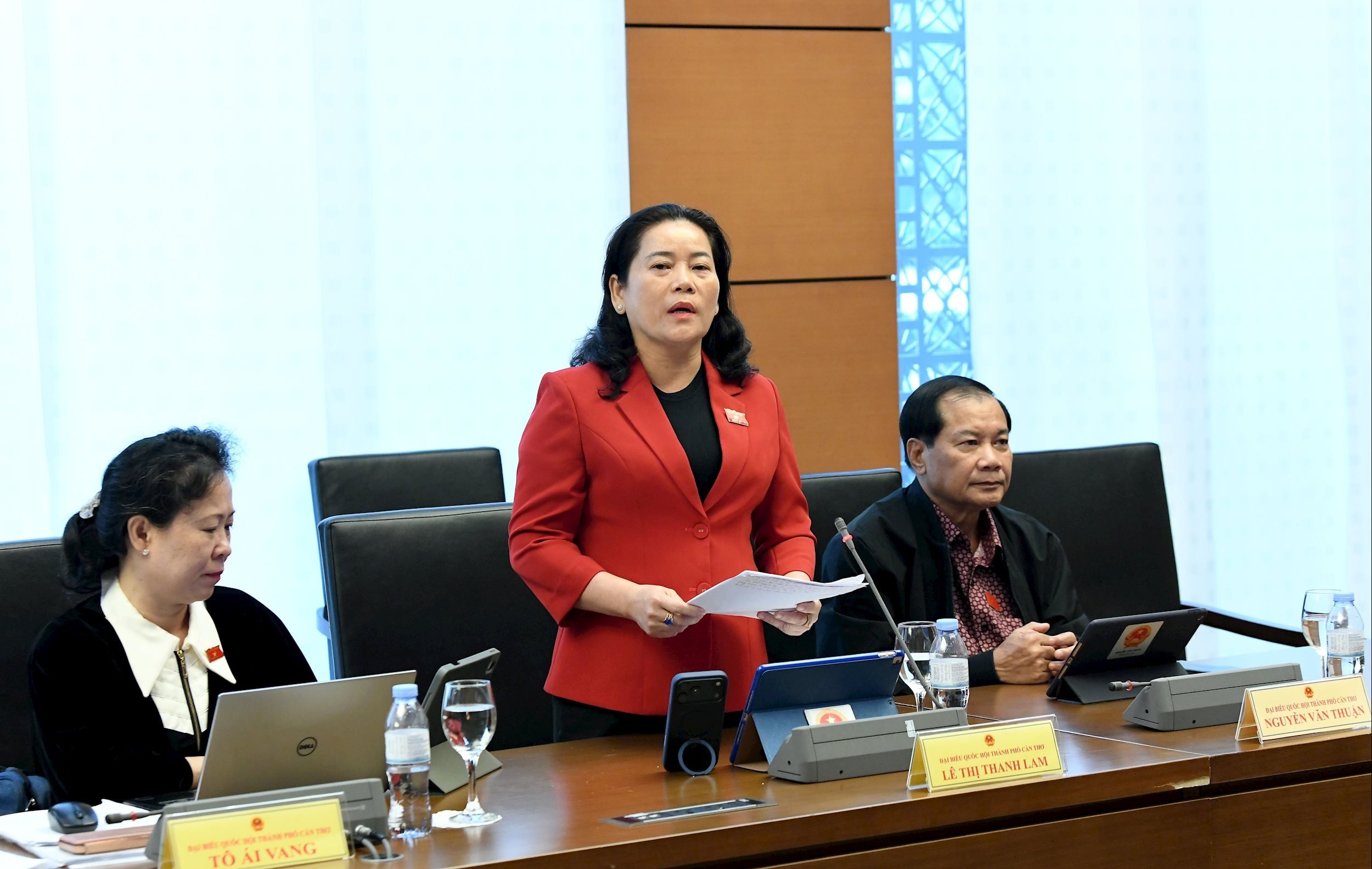
According to the delegate, many specific investment activities, such as infrastructure investment or research and development, can fail due to objective risks. Proving that a specific act is "missed development opportunities" and assigning legal responsibility to the subject performing that act will be very difficult and complicated. This can also easily lead to a lack of consistency in inspection, examination or handling of violations.
Therefore, delegate Le Thi Thanh Lam suggested considering and adding more criteria and methods to determine damages for the above types of waste to ensure feasibility and consistency in the process of applying and implementing the provisions of the law. "If we can quantify it, it will be easier. If we include qualitative content in the law, it will be difficult to assign specific responsibilities later," the delegate emphasized.
Source: https://daibieunhandan.vn/du-an-luat-tiet-kiem-chong-lang-phi-xay-dung-lan-toa-van-hoa-tiet-kiem-chong-lang-phi-la-trach-nhiem-cua-toan-dan-10394498.html








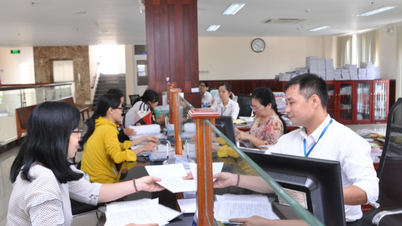






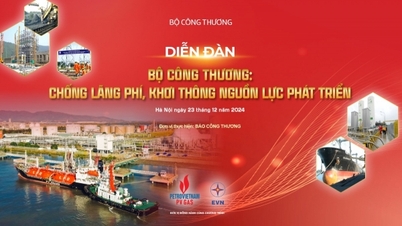
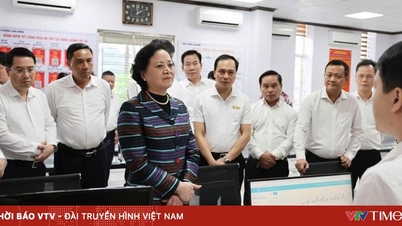



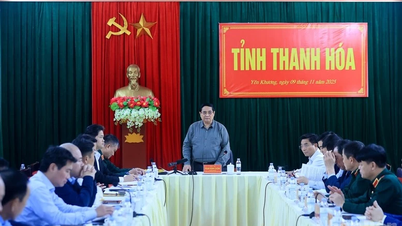


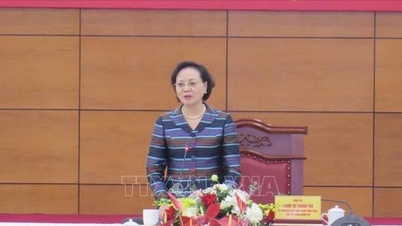





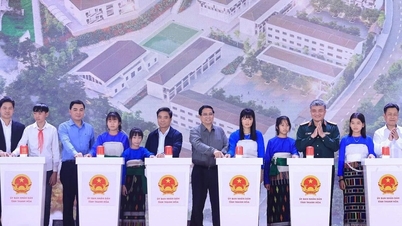



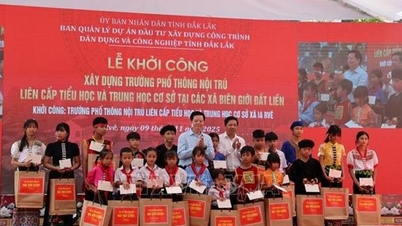






































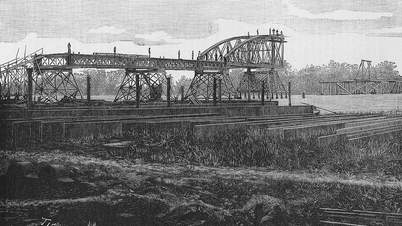
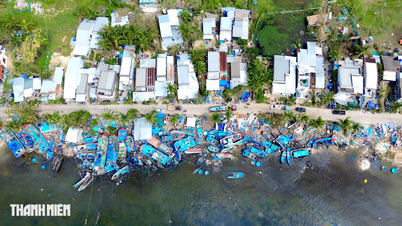



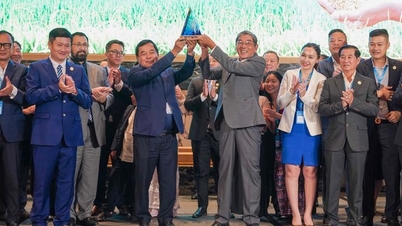



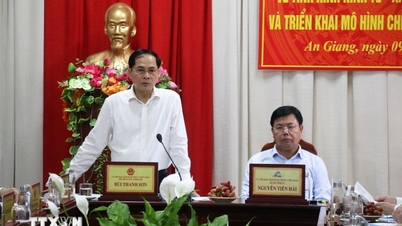




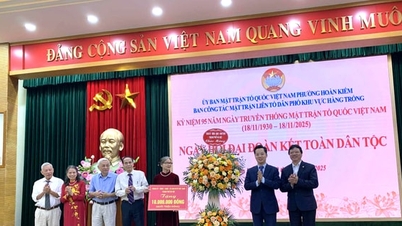



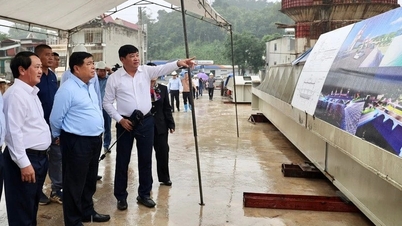
















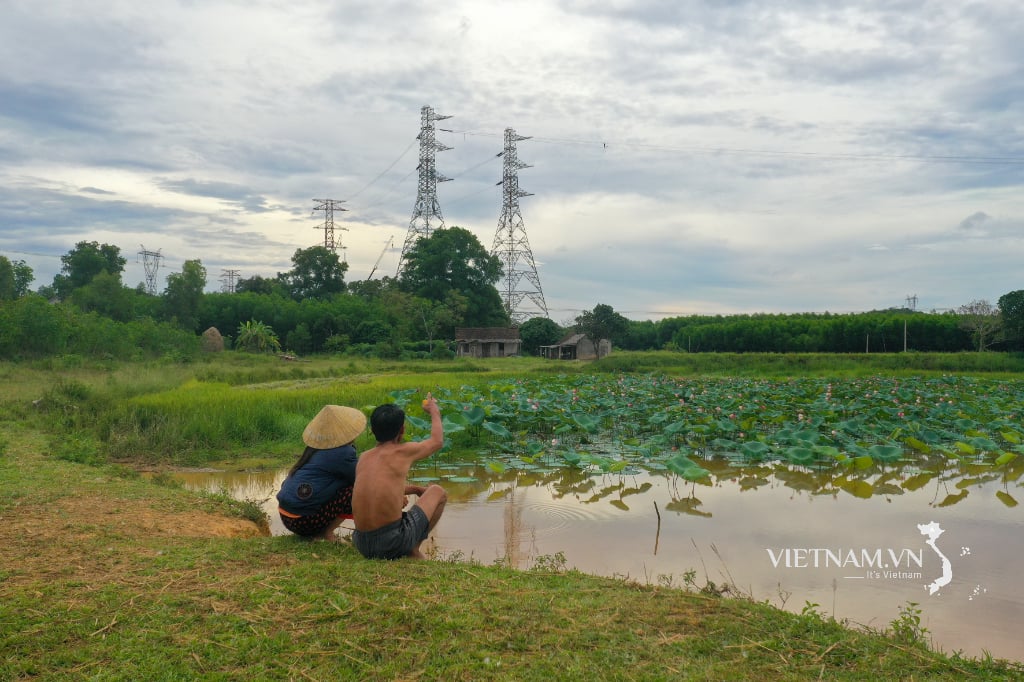
Comment (0)